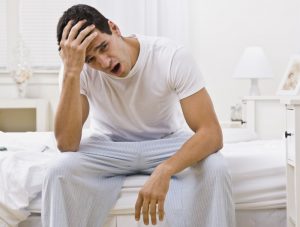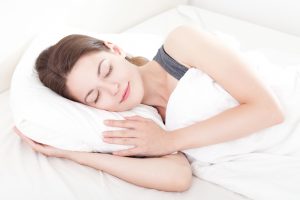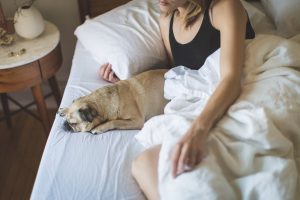Sleep is arguably the most important activity to allow our bodies to function at the highest ability, so it should be startling that 50 to 70 million adults in the U.S. are affected by a sleep disorder (American Sleep Association [ASA], 2021). Even more shocking, 25 million of those Americans are diagnosed with Obstructive Sleep Apnea, also known as OSA. Not receiving the proper amount of sleep is a nationwide issue.

Uncontrolled, there are a lot of health risks associated with Sleep Apnea including heart attacks, high blood pressure, and stroke, just to name a few. Aside from those, drowsiness during the day can affect your life in negative ways. When exhausted, you can’t work at your highest potential, you’re irritable around family and friends, and you put your physical health on the backburner. Shouldn’t there be a magic pill to make all of this go away?
Medication is generally used to treat issues that can change physiologically in your body like high blood pressure, cholesterol, and infection. Unfortunately, you can’t anatomically alter your existing body parts with medication. In the case of Sleep Apnea, your narrow airway is the problem, and only devices and surgery can assist with opening up this passageway.
We wish there was a magic pill for Sleep Apnea as much as everyone else. But until that happens (if ever!) we’re going to have to rely on the cutting edge techniques at Sleep Rehab. We offer a variety of products that we tailor to you to make sleeping as effortless as possible, without requiring invasive surgery or heavy machinery. Contact us today for a consultation and start sleeping better.





